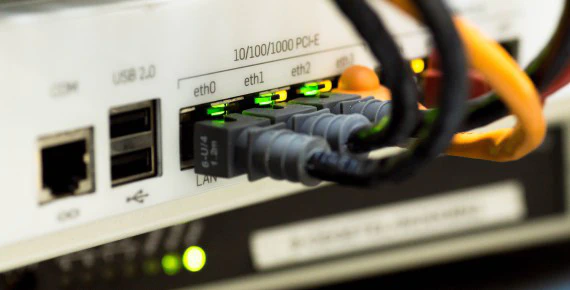
Why Small Businesses Need to Update Their Computers Regularly
As a small business owner, it’s important to keep your computers up to date to ensure the security and performance …

As a small business owner, it’s important to protect your company’s sensitive information and assets. One way to do this is by properly managing employee identities. In this digital age, it’s easy for hackers to gain access to your systems and steal valuable data if proper security measures aren’t in place. In this blog post, we’ll share 5 tips for managing employee identities in a small business.
Tip #1: Use strong, unique passwords for all employee accounts
The first and most obvious tip is to make sure all employee accounts have strong, unique passwords. This means avoiding using common words or phrases, and using a combination of letters, numbers, and special characters. It’s also important to not reuse passwords across multiple accounts, as this increases the risk of a security breach.
Tip #2: Enable two-factor authentication wherever possible
Two-factor authentication (2FA) is an additional layer of security that requires a second form of authentication, such as a code sent to a phone or email, in addition to a password. This helps prevent unauthorized access to employee accounts, even if someone else has obtained the password. Be sure to enable 2FA wherever possible for added protection.
Tip #3: Use a password manager to store and manage employee passwords
Managing multiple employee passwords can be a daunting task, especially if you have a large team. One solution is to use a password manager, which allows you to store and manage all employee passwords in a secure, encrypted way. This way, you don’t have to worry about remembering multiple passwords or writing them down, and you can easily update passwords as needed.
Tip #4: Regularly review and update employee access to company resources
As your business grows and changes, it’s important to regularly review and update employee access to company resources. This includes granting or revoking access to certain systems and documents as needed. For example, if an employee leaves the company, be sure to revoke their access to company resources to prevent unauthorized access.
Tip #5: Implement employee training on identity management best practices
Finally, it’s important to educate your employees on identity management best practices. This includes things like using strong, unique passwords, enabling 2FA, and being cautious of phishing attacks. By training your employees on how to properly manage their identities, you can help prevent security breaches and protect your company’s sensitive information.
Properly managing employee identities is crucial for the security and success of any small business. By following the tips outlined above, you can take steps to protect your company’s sensitive information and assets and keep your business running smoothly.

As a small business owner, it’s important to keep your computers up to date to ensure the security and performance …

As a business owner, securing your company’s network should be a top priority. A cyber attack or data breach can …